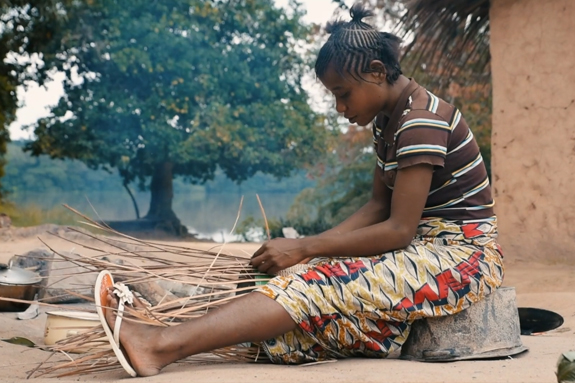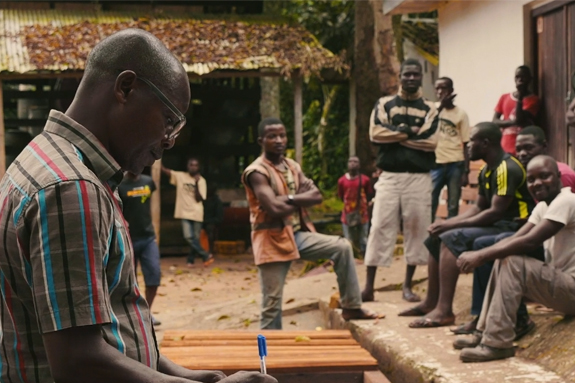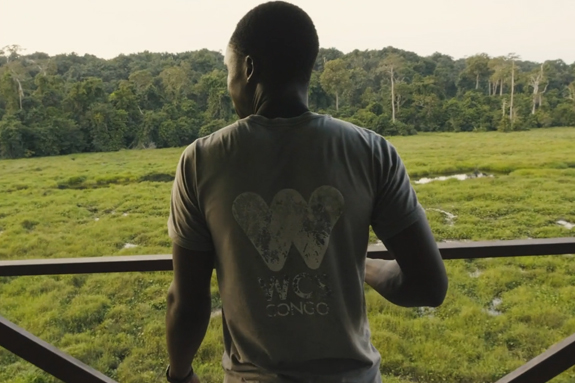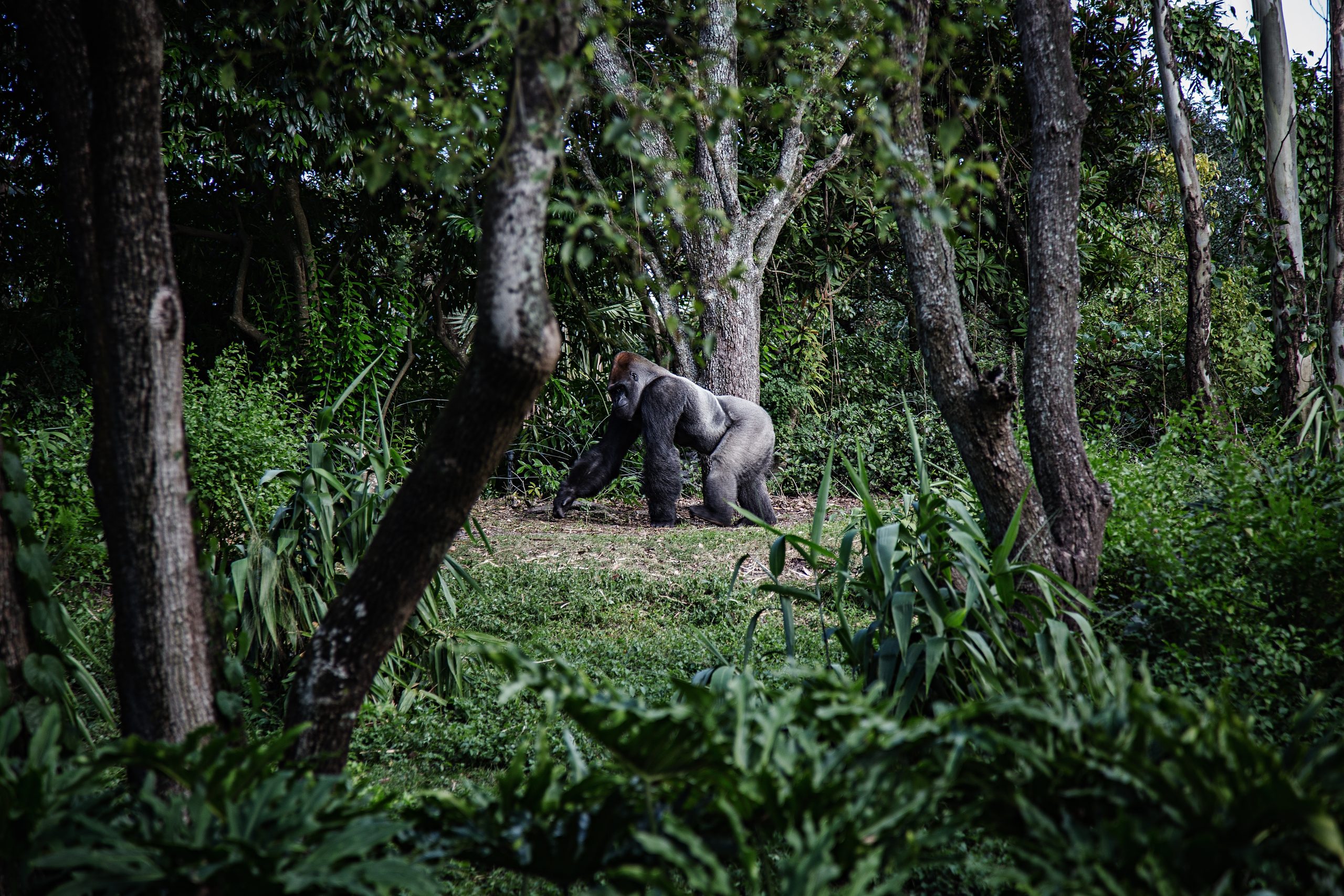Conservation in Practice with the Wildlife Conservation Society
Using the Conservation Standards to improve conservation practice among community partners
by WCS
Across the world, indigenous communities are the guardians of incredibly ecologically important areas as these regions are their home, their cultural identity, and the source of their livelihoods. By respecting and protecting the rights of Indigenous Peoples and local communities and amplifying their voice in conservation policies, practices, and governance structures, WCS Global is traveling the best and necessary pathway to equitable, just, and durable conservation. They employ a human rights-based approach to give effect to this value statement that seeks to protect key biodiversity Areas, high-integrity terrestrial and marine ecosystems, and to more effectively mitigate and adapt to the effects of climate change. To support this work, WCS utilizes the Conservation Standards in their work to support communities.
“To me, the Standards for Conservation are important because they force us to think hard about if and why a choice we make will result in the outcome we actually want.” – Davide Wilkie, Executive Director of Rights and Communities

Securing Rights
WCS helps secure the rights of Indigenous Peoples and local communities, because their livelihoods, wellbeing, and cultural identities most directly depend on the sustainable use of natural resources, in the wild landscapes and seascapes where they work, making them the best partners and the strongest advocates for conservation.

Exercising Rights
WCS understands that successfully exercising hard-won rights involves communities becoming effective, transparent, and accountable managers of their lands and waters. Given this, they work closely with indigenous organizations and local communities to help them create conditions that allow grassroots democracy and natural resource governance to grow and flourish, benefitting local livelihoods and conservation.

Benefiting from Rights
The rights of local communities and indigenous and traditional peoples to exclude outsiders are either unclear or unrecognized in many regions. Strengthening community rights empowers local people to protect their resources from being stolen by others. By helping communities profit from their rights to resources, WCS is building strong and lasting constituencies for conservation.
More about the Wildlife Conservation Society

WCS’s goal is to conserve the world’s largest wild places in 14 priority regions, home to more than 50% of the world’s biodiversity.
The challenges are greater than ever, but with the focus, dedication, and passion of a committed staff—combined with a unique mixture of field, zoo, and aquarium expertise—WCS will continue to set the bar for science, conservation action, and education that has driven our success in protecting wildlife and wild places for over a century. We hold ourselves to the highest standards, adhering to core values of respect, accountability and transparency, innovation, diversity and inclusion, collaboration, and integrity.
Download CS
The Conservation Standards is the product of inputs, field tests, and discussions among members of the Conservation Measures Partnership (CMP), which has final editorial authority over the Conservation Standards. Substantial input was also provided by members of the Conservation Coaches Network (CCNet) and other CMP partners.
Photo Credit: Felix Cybulla
Support CS
The biodiversity conservation community is tackling large, complex, and urgent environmental problems where the stakes are high. However, we don’t have a fully functional system to assess the effectiveness of our actions. Without more rigorous measurement of effectiveness and disciplined recording of our efforts, we cannot know or demonstrate that we are achieving desired results.
Photo Credit: Felix Cybulla
Our Collaborators
Every organization, agency, project, and individual has its own preferred set of terms. There is no right answer – the most important thing is that the members of your project team and the people with whom you work have a clear and common understanding of whatever terms you choose to use.
Photo Credit: Chris Scarffe
Contact Us
To inquire about supporting Conservation Standards (CS) or for general inquiries, please contact us at CMPinfo@ConservationMeasures.org
Photo Credit: Nature Conservancy of Canada
